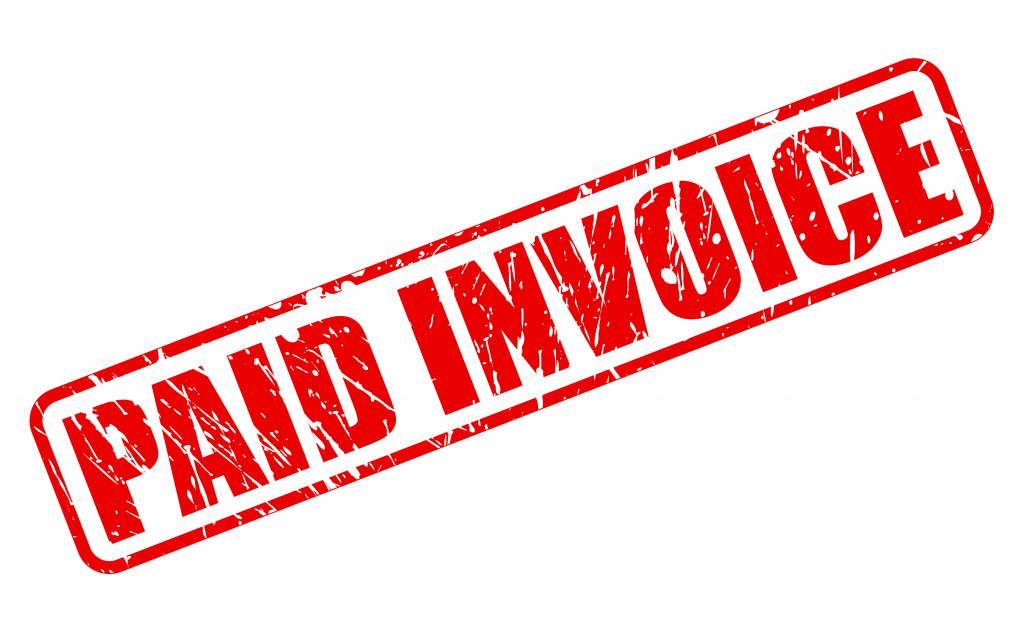
TCI Business Capital – Best for Flexibility Their factoring fee starts at 2.5%, but they do not charge an origination fee. However, they offer higher factoring of up to $5,000,000, making it a better option for medium-sized businesses.

Similar to Breakout Capital, FundThrough can approve your application in a few hours and provide next-day funding. FundThrough – Best for Medium-Sized Businesses Needing Fast Approval They also require much higher annual revenue - a minimum of $100,000 and a time in business of one year. Triumph Business Capital offers funding up to $20,000,000 with a 90% advance but has a discount rate of 1-4% per month. To account for that risk, companies offering non-recourse factoring raise their factor fee. Recourse factoring requires the borrower to pay back any advance given on an invoice that goes unpaid by the customer, while with non-recourse factoring, the lender takes the loss.

Invoice financing can be either recourse or non-recourse. Triumph Business Capital – Best for Non-Recourse Factoring Breakout only works with businesses that have been operating for at least a year and have revenues of at least $10,000. They’ll advance you up to $1,000,000 with factoring fees ranging from 1-4% on top of an origination fee of 2.5%. Breakout Capital – Best for Small Businesses Needing Fast Approvalīreakout is one of the best options for smaller businesses that need cash right away, as they can approve your application in a matter of hours and provide funding the next day. These are five of the best invoice factoring companies and who they’re best suited for. There are dozens of factoring companies, but each offers different terms that may or may not be beneficial for your business’s needs. One-off or short-term invoice factoring arrangements will likely have much higher fees than ones that recur every month. Invoice factoring is more often a long-term relationship, whereby you agree to sell a minimum value of invoices to the factoring company each month. Invoice factoring is distinguished from the better-known invoice financing in that your business isn’t borrowing against the value of the invoices, but selling them at a discount to the factoring company to collect on. Once all the invoices have been paid, and the factoring fee is deducted, along with any origination fees charged, the factoring company will return the remaining value of the invoices to the business owner. For each week that the invoices go unpaid, the company will charge between one and three percent of the total value of the invoices as a factoring fee, which is deducted from the 10-20% that was not paid to the business owner as an advance. Payments for the outstanding invoices are then directed toward the factoring company.

Most invoice factoring companies will advance their borrowers between 80-90% of the value of their invoices. Invoice factoring - also called accounts receivable factoring - is a form of financing whereby a small business sells the value of their outstanding invoices to a third party at a discount in return for an immediate cash advance. What Is Small Business Invoice Factoring? This guide will look at the top five invoice factoring companies and how they can help your small business thrive in an uncertain marketplace. Many small business owners turn to invoice factoring to increase their liquidity or make payroll, but this type of financing has its pros and cons. You could apply for a loan to cover the shortfall, but this isn’t a long-term solution for late payments. Working capital can run desperately low when customers don’t pay on time. Maybe they’re experiencing cash flow problems or just forgetful with their bills, but their sluggish approach to payments can severely impact your business. Small business owners face numerous challenges every day, but one of the most common is customers that are slow to pay.


 0 kommentar(er)
0 kommentar(er)
